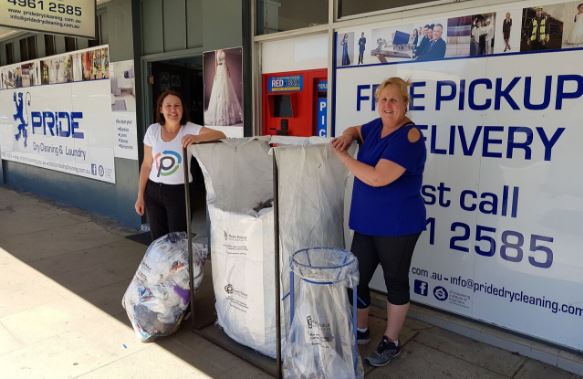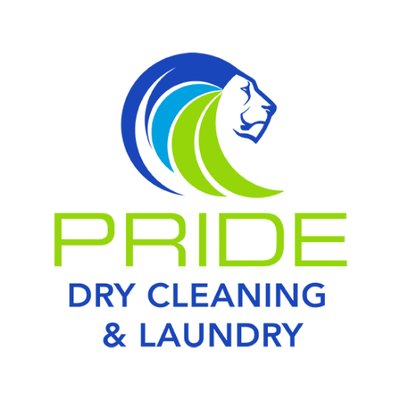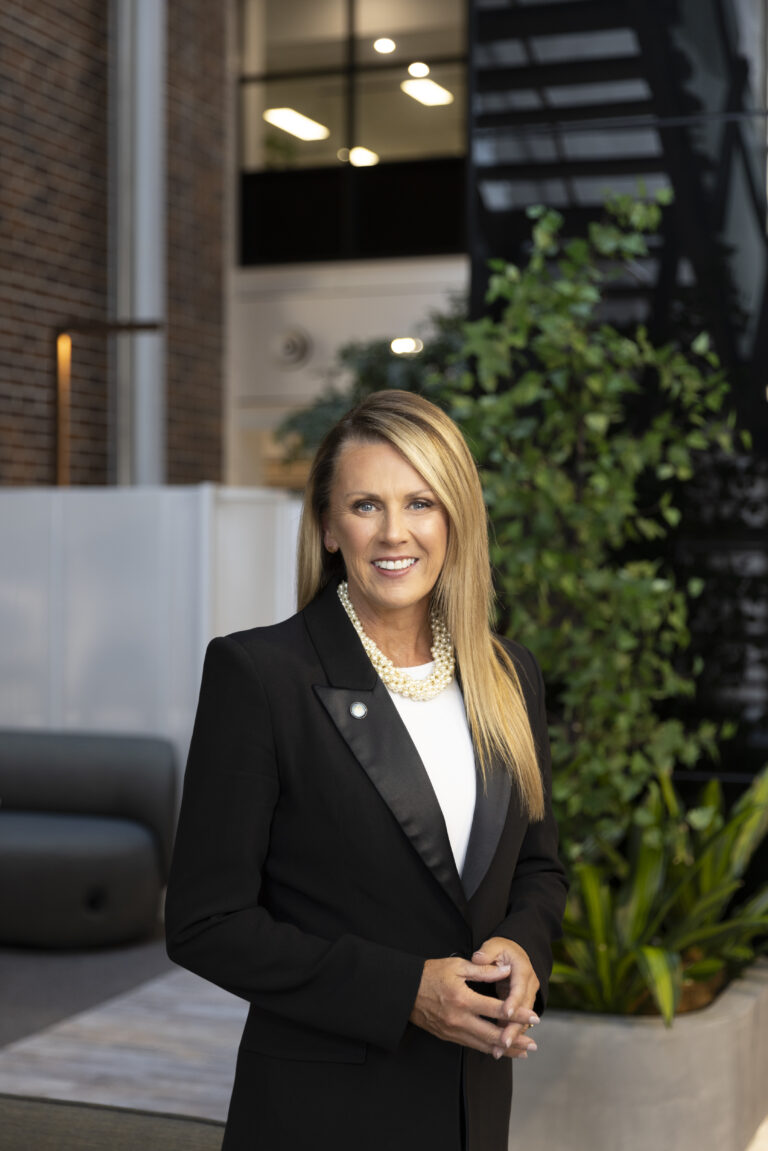Local businesses and industry are being urged to think about opportunities they can take to recycle soft plastic and incorporate locally made recycled plastic products into their production processes.
Hunter dry cleaner Pride Dry Cleaning is the first business to formally partner with a new Hunter-based environment pilot program that diverts soft plastics from landfill to be recycled into useful products for schools, councils, businesses and community groups.
The Plastic Police® program is an initiative set up by Local Business Waste Consultant, Samantha Cross from Cross Connections Consulting.
Pride’s Islington store is now a community collection point for scrunchable plastic which cannot be recycled in yellow recycling bins, including plastic dry-cleaning covers.
Pride’s owner, Jennie Lyons, is urging other businesses to join with Plastic Police®. She said she has been looking for something like this for several years.
“As part of our goal to be an eco-friendly dry cleaner, we already recycle water and other materials, and we’ve reduce our energy and chemical use,” Jennie said.
“Until we can find a better way of protecting cleaned garments, I have been looking for ways to deal with the impact of the plastic covers our industry uses.
“If our small business is recycling a bale a fortnight, imagine how much plastic from other dry cleaners and other businesses is going to landfill.”
Samantha said Plastic Police® is more than just a recycling program; it is a community engagement program to close the loop on wasted resources. She wants to engage schools, businesses and councils, as part of a regional pilot program to demonstrate the Hunter has been able to tackle this plastic waste issue. The pilot will explore, trial and develop local end markets for products that can be made from collected materials. Dungog and Singleton Councils and several schools have already joined the program.
A report presented to the World Economic Forum last year said plastic rubbish will outweigh fish, by weight, in the oceans by 2050 unless the world took action to recycle the material. China has announced it will ban imports of a range of recyclable materials, creating uncertainty within the recycling industry.
“Our aim is to turn as much of this material back into useful products, to avoid material ending up in landfills or being shipped overseas to be recycled,” Samantha said.
“We want to get communities, including businesses and councils, playing a role in purchasing or incorporating products made from reprocessed and recycled materials to ensure local end demand.”
Jennie wants to help reduce the impact of plastic beyond her business.
“We are happy to accept dry cleaning plastic and any other clean scrunchable soft plastics from anyone, not just our customers, at our Maitland Road Islington store,” Jennie said.
IMAGE | Samantha Cross and Jennie Lyons outside PRIDE Dry Cleaning.






